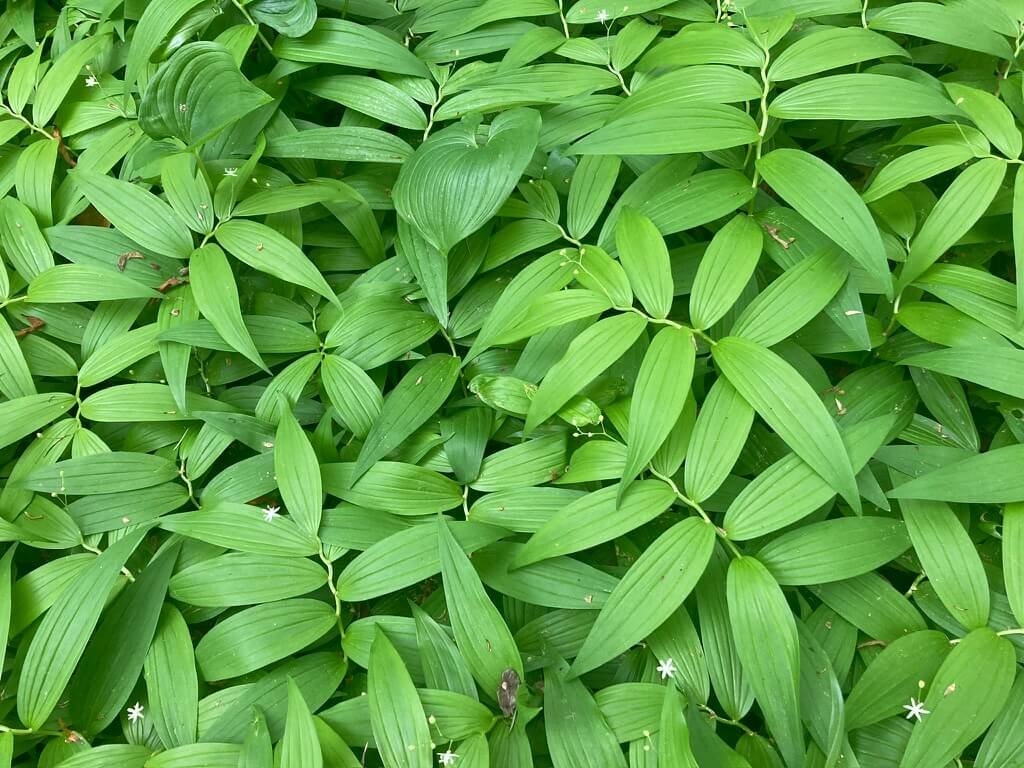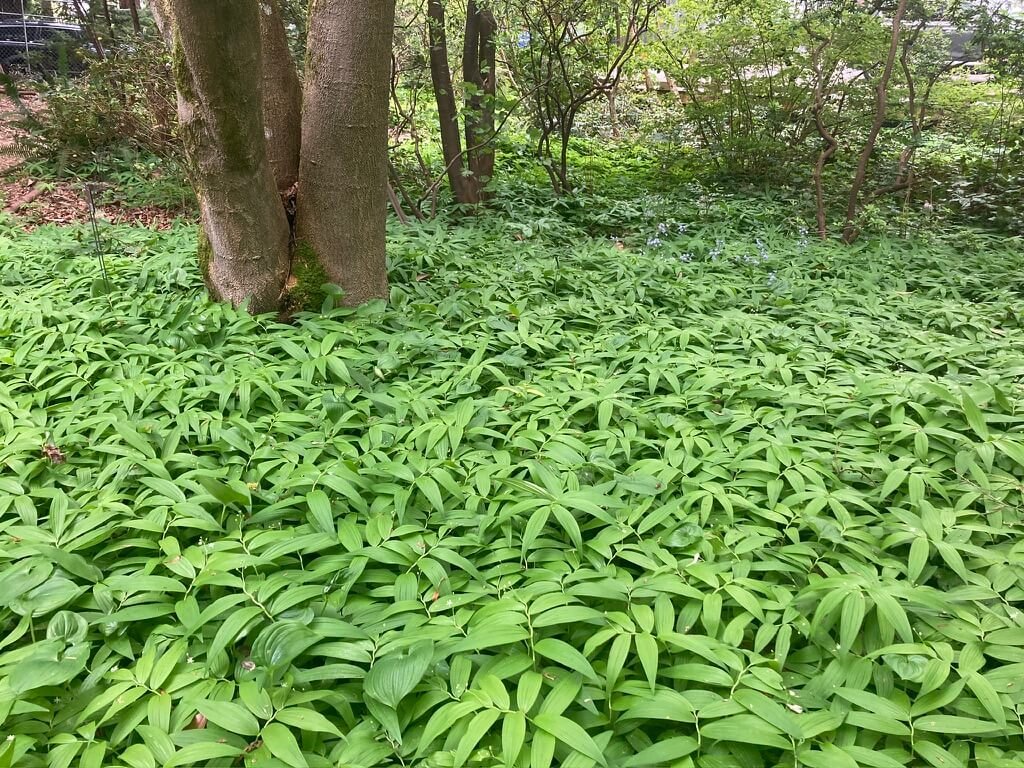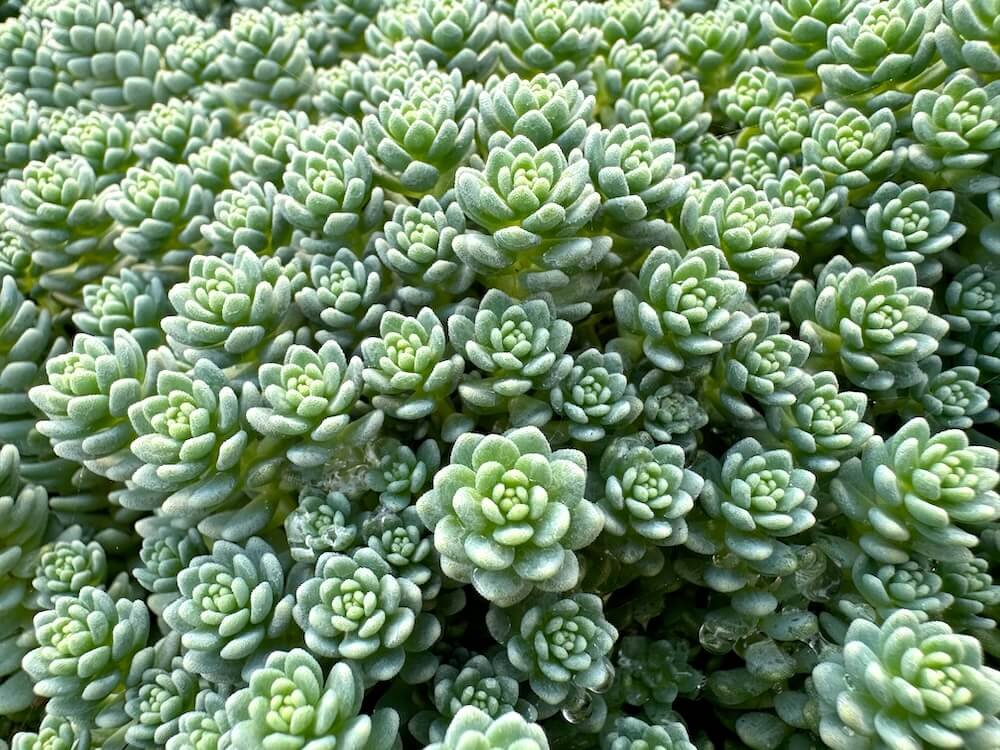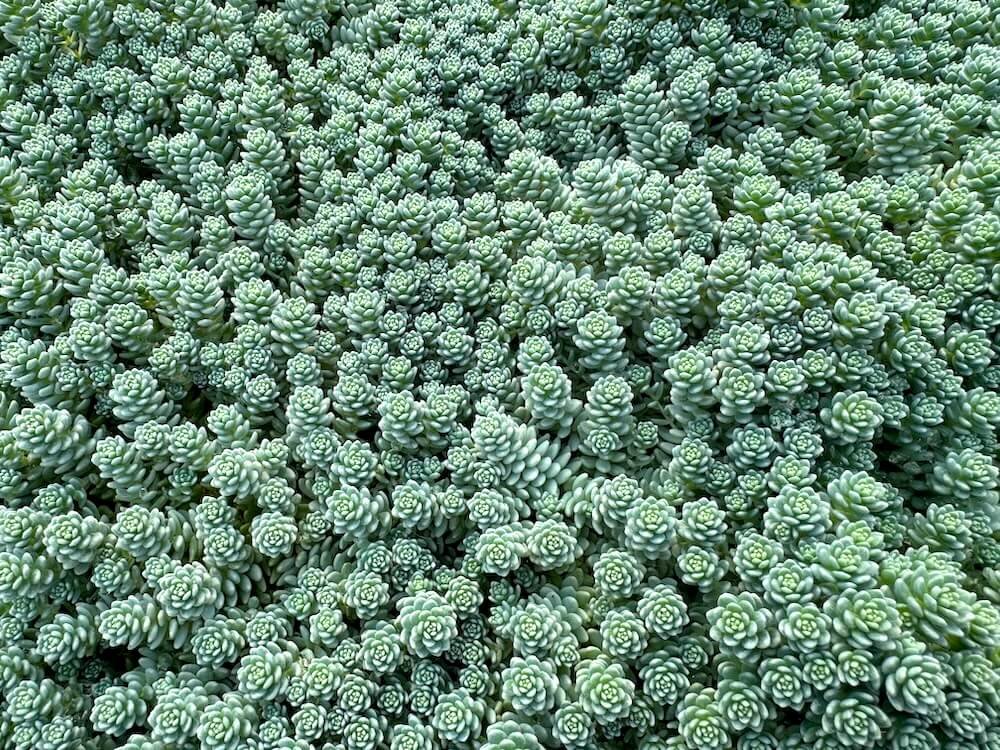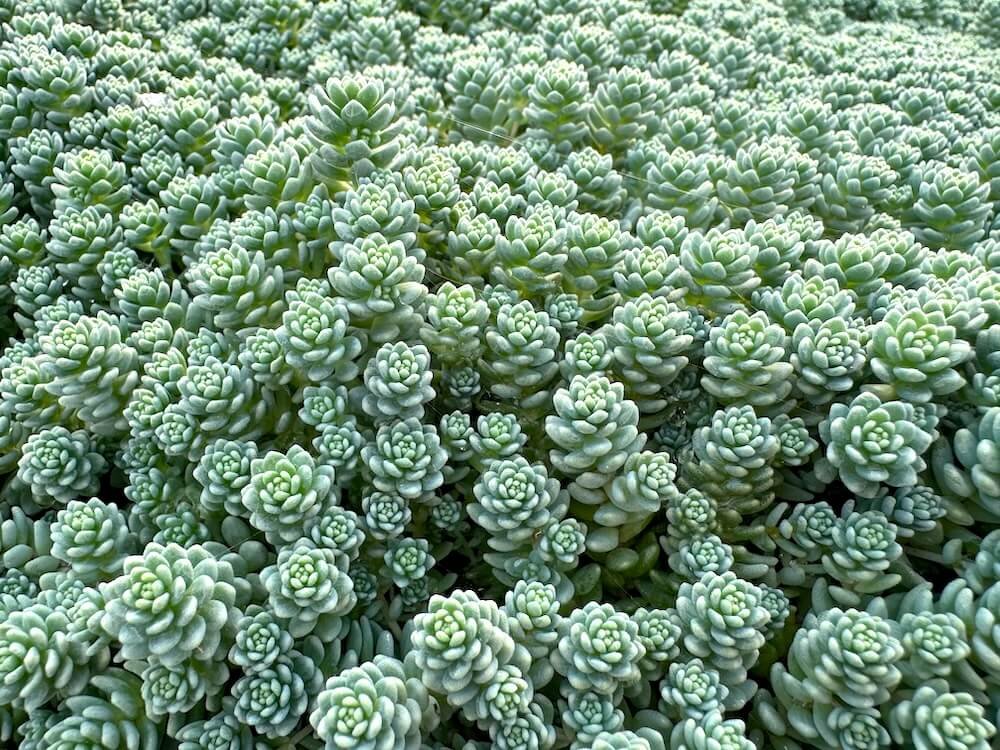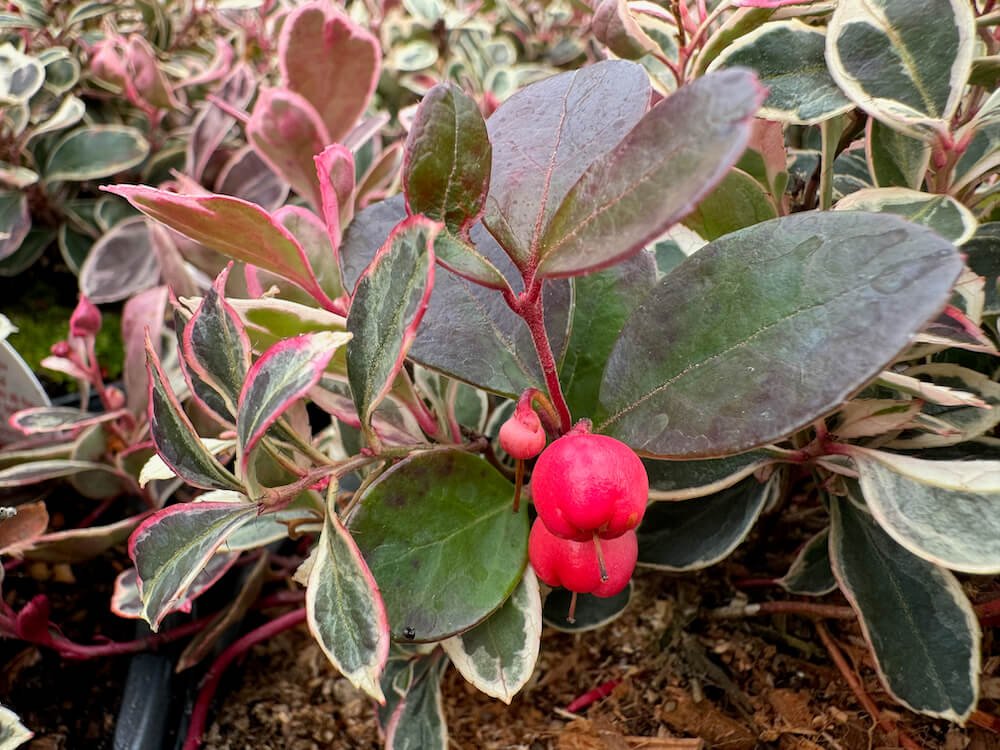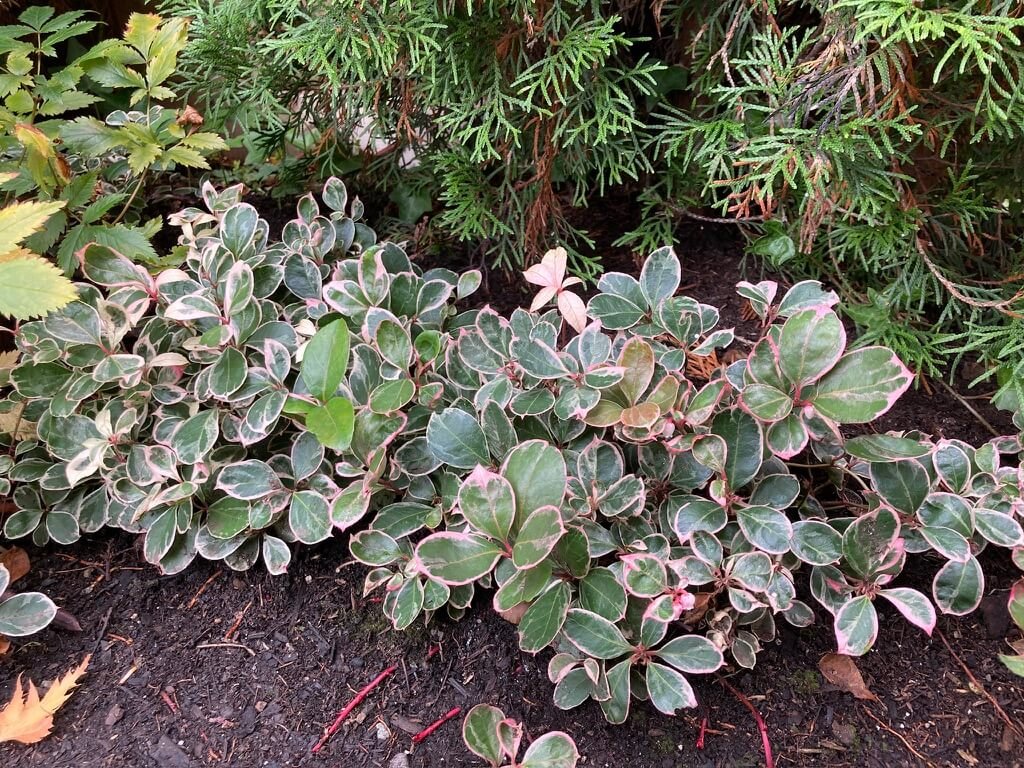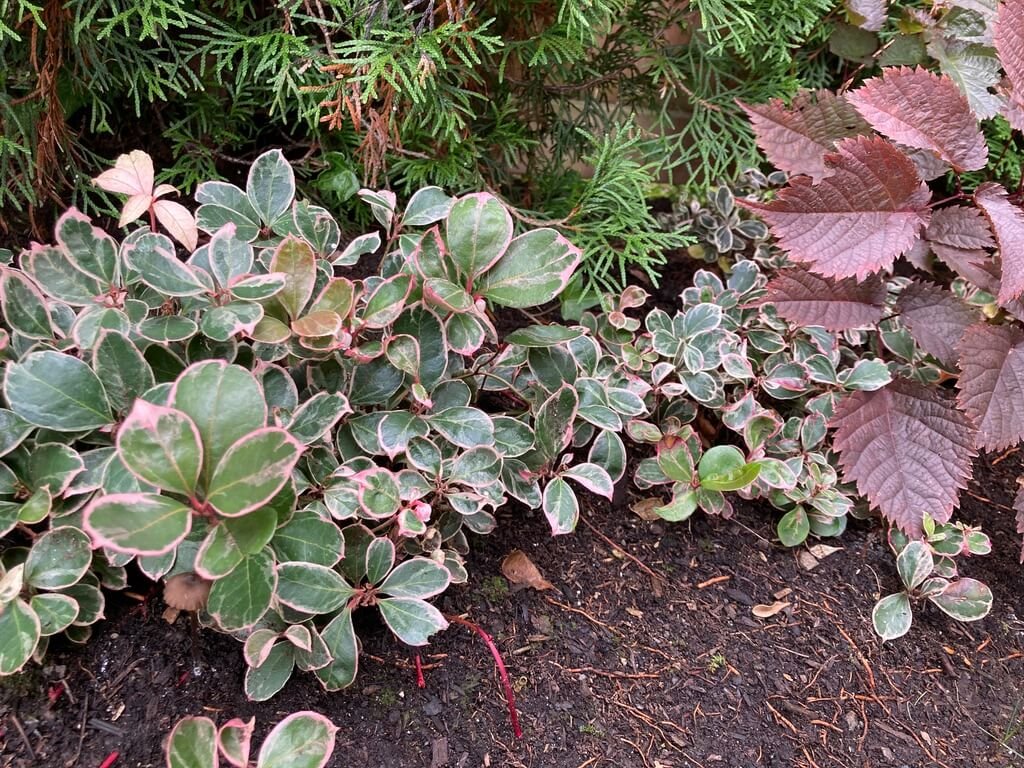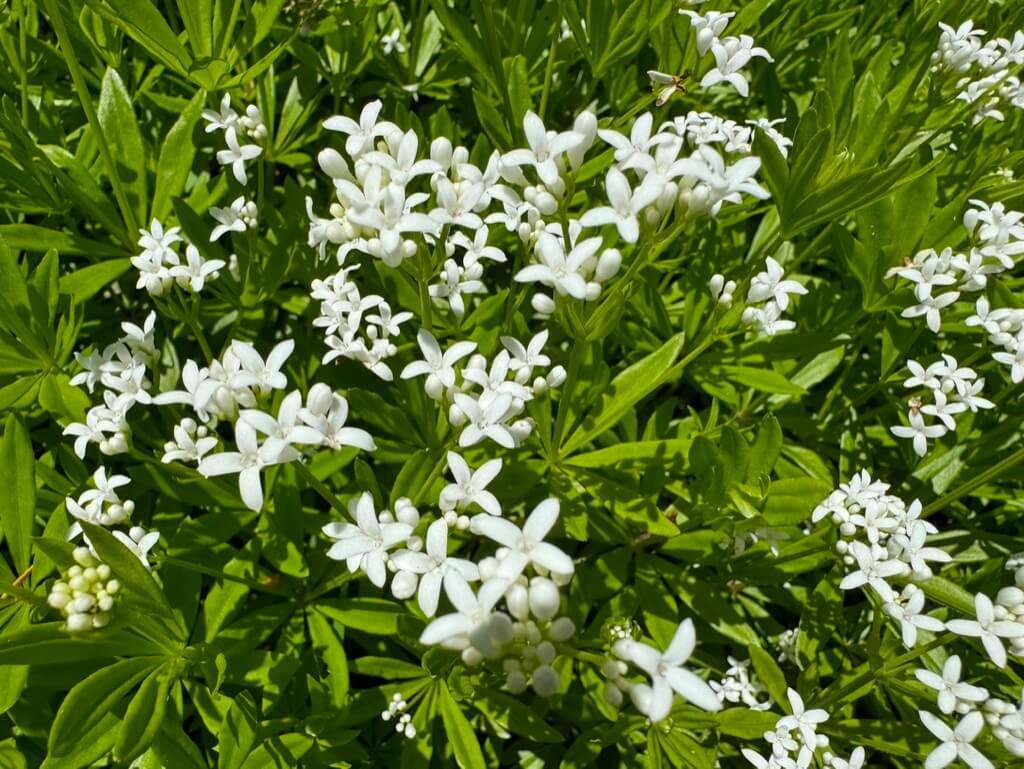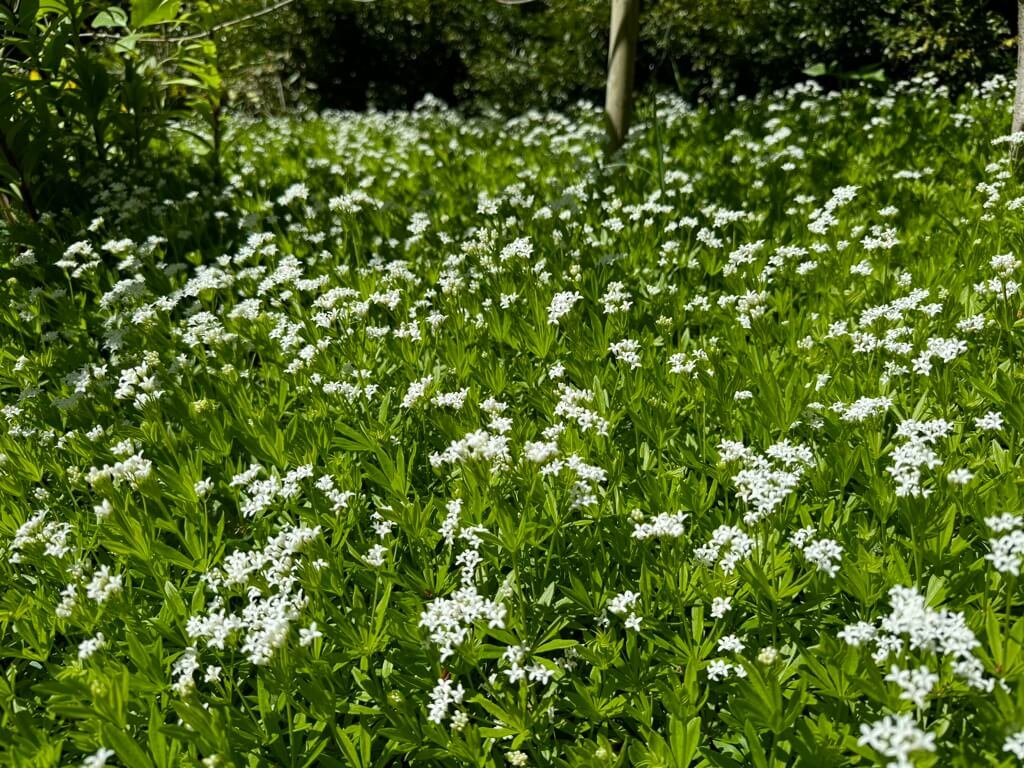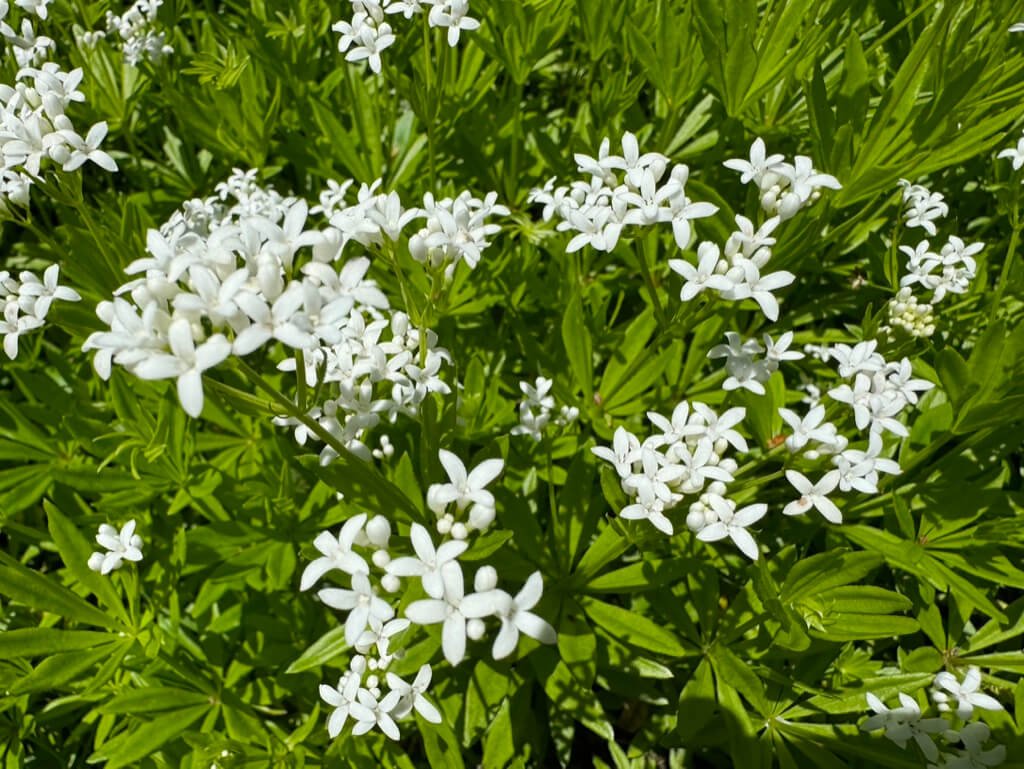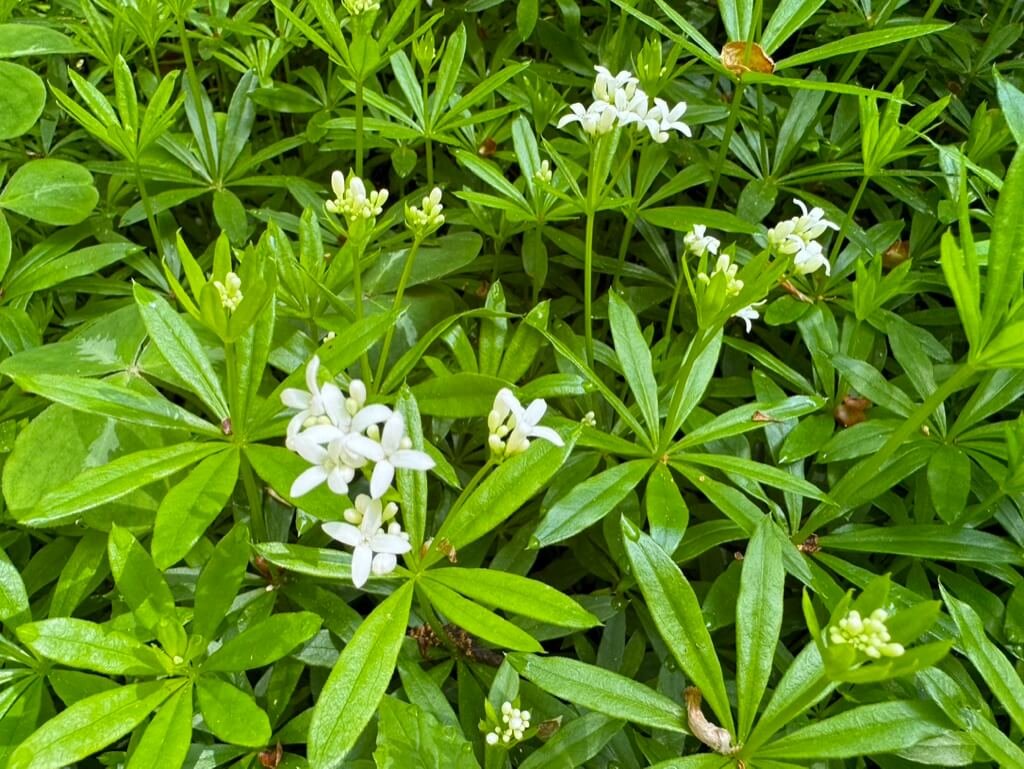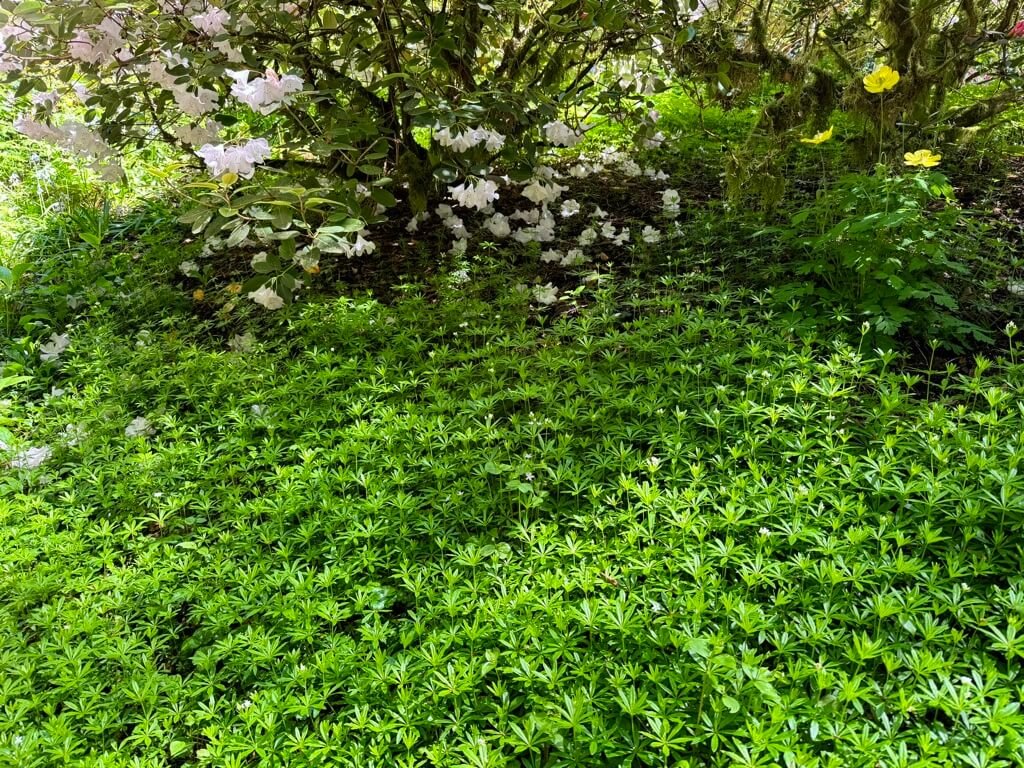 Image 1 of 5
Image 1 of 5

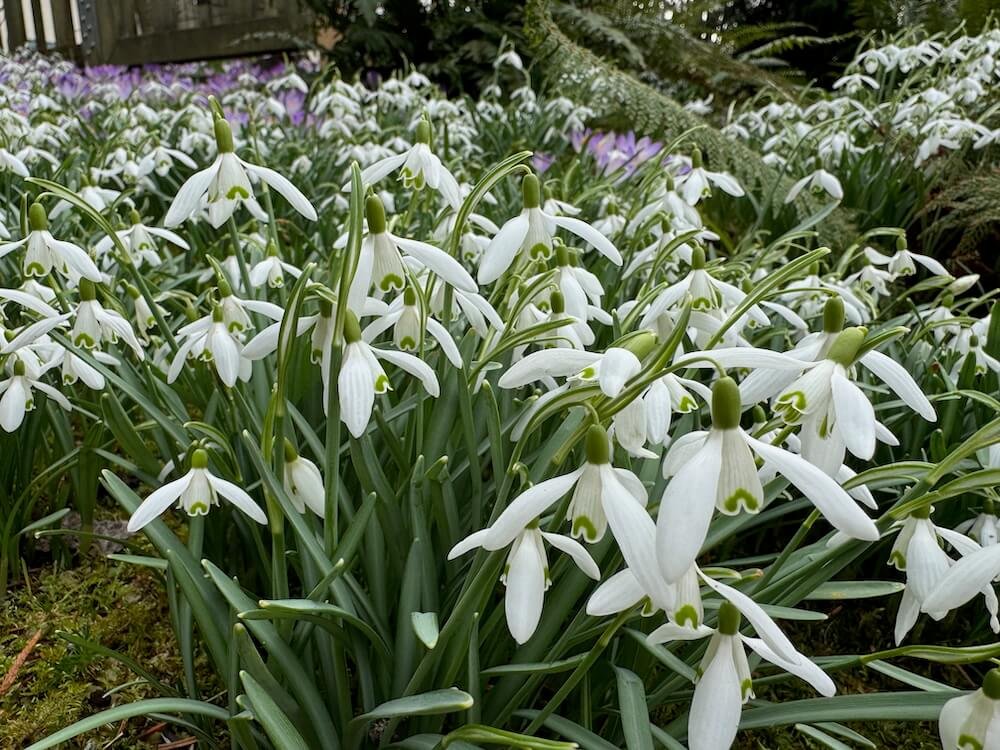 Image 2 of 5
Image 2 of 5

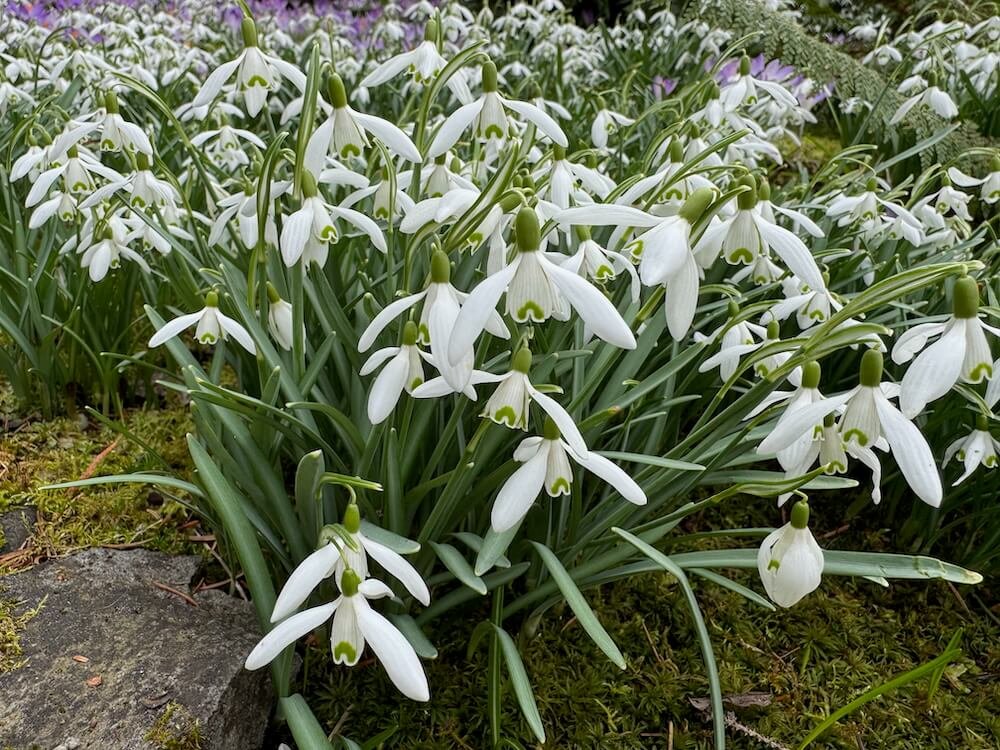 Image 3 of 5
Image 3 of 5

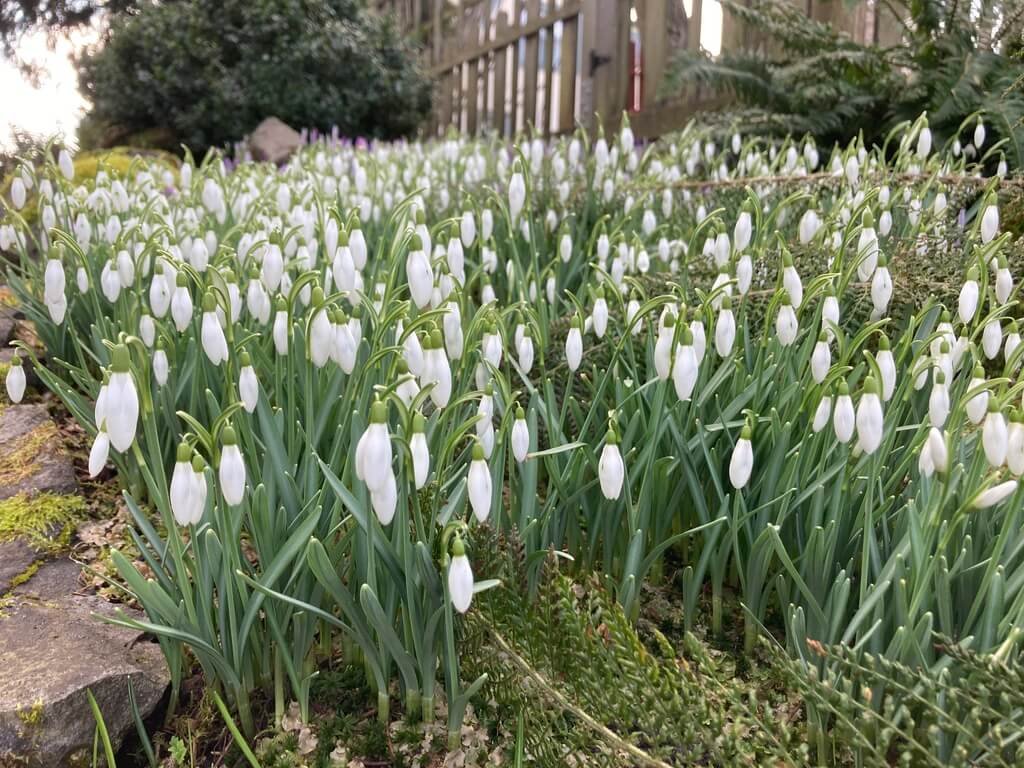 Image 4 of 5
Image 4 of 5

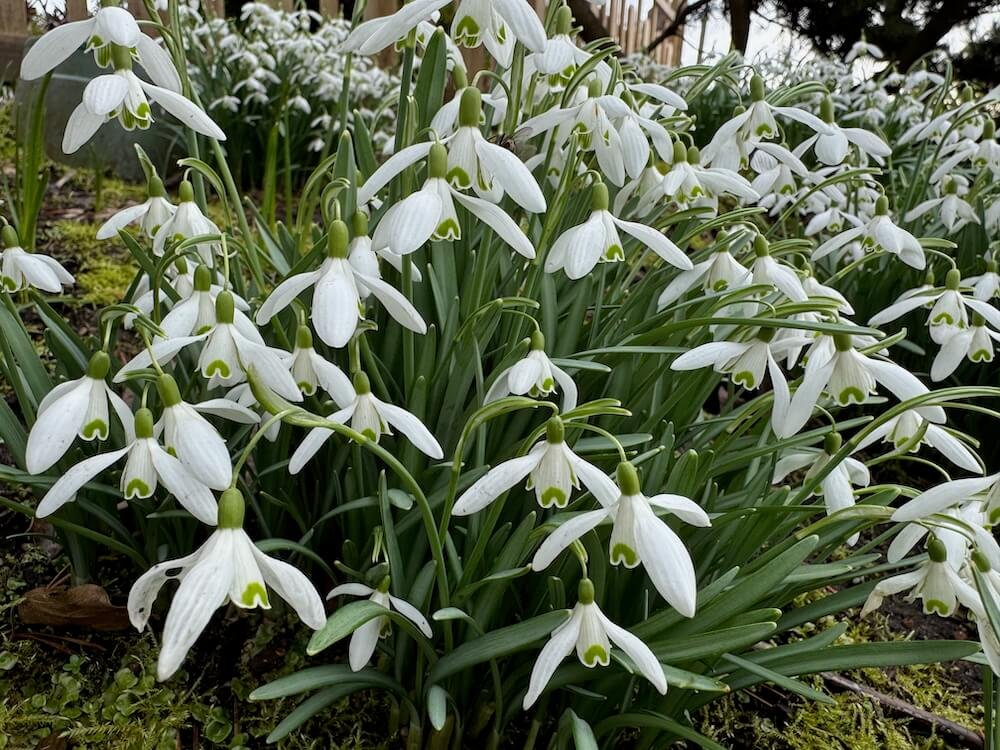 Image 5 of 5
Image 5 of 5






Galanthus nivalis | Snowdrops
DESCRIPTION
Galanthus nivalis, commonly known as Snowdrops, is a perennial bulbous plant native to Europe and the Middle East. The plant features slender, grey-green leaves that arise from the base of the plant and can grow up to 4-8 inches long.
Snowdrops are known for their white, bell-shaped flowers that hang downwards, each flower featuring six petal-like tepals (three outer and three inner). These delicate flowers often appear in late winter to early spring, blooming even when snow is still on the ground, hence the name "snowdrop." The flowers have a sweet, honey-like fragrance that attracts early pollinators like bees and flies.
Galanthus nivalis prefers moist, well-drained soil and partial shade. It is often planted in woodland gardens, under trees, or along paths. Snowdrops can naturalize and form dense colonies over time, making them a popular choice for naturalizing in grassy areas or rock gardens. They are also deer-resistant, making them a great choice for areas with deer browsing.
DESCRIPTION
Galanthus nivalis, commonly known as Snowdrops, is a perennial bulbous plant native to Europe and the Middle East. The plant features slender, grey-green leaves that arise from the base of the plant and can grow up to 4-8 inches long.
Snowdrops are known for their white, bell-shaped flowers that hang downwards, each flower featuring six petal-like tepals (three outer and three inner). These delicate flowers often appear in late winter to early spring, blooming even when snow is still on the ground, hence the name "snowdrop." The flowers have a sweet, honey-like fragrance that attracts early pollinators like bees and flies.
Galanthus nivalis prefers moist, well-drained soil and partial shade. It is often planted in woodland gardens, under trees, or along paths. Snowdrops can naturalize and form dense colonies over time, making them a popular choice for naturalizing in grassy areas or rock gardens. They are also deer-resistant, making them a great choice for areas with deer browsing.
-
Family: Amaryllidaceae
Height: 3-6 inches
Width: 2-3 inches
Foliage color: Grey-green
Flower color: White
Bloom time: Late winter to early spring
Light requirements: Partial shade to full shade
Water requirements: Moist, well-drained soil
Maintenance: Low maintenance; remove spent flowers to prevent seed formation
Growing zone: 3-7
Wildlife attractors: Attracts early pollinators such as bees and fliesThis plant can be seen in the perennial border at the Bellevue Botanical Garden.

